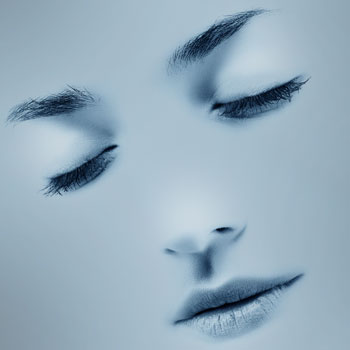 Seek truth in meditation not in moldy books.
Seek truth in meditation not in moldy books.
Look in the sky to find the moon, not in the pond.
— Hindu proverb
We all have a natural curiosity about our experience on this planet. This makes many of us restless and dissatisfied and sends some of us on a quest that can last a lifetime. Where do we find ourselves? Many of us begin by relying on our senses as science encourages us to do and we feel superior to our more “primitive” ancestors who believed in religious myths that led them to conclusions refuted by our more intelligent observations. No, the earth is not the center of the universe nor is our species favored above all other aspects of creation.
But if we are not one of the “chosen people” who are we? Why are we subject to disease, aging and death? Why do bad things happen to us when we are so obviously “innocent”? Life is suffering (Buddha’s First Noble Truth) but we find it not so noble a truth. Yet we respect the teaching of Siddhartha, so we will withhold judgment. Nevertheless, most people are loath to identify with suffering.
What should we do? Which religious community, if any, should we commit to? Which secular principles stand out as logical and profound? How much do we know about the fundamental nature of the person sitting next to us sipping coffee? Where are we? Who are we? Why are we here? Are we even capable of answering these questions?
Luckily, others have asked the same questions and their answers have been passed down so that we are not totally dependent on our own resources. We are not alone. But we have to be discriminating in terms of which “truth” we accept, which “practice” we commit to. It turns out that science and the intellect are useful for translation (intellectual understanding) and for transformation (changing human behavior) but only in the relative world. The intellect is not only inadequate for transcendence (the highest human attainment) but can actually be an impediment. An experience of Simple Reality (the Absolute) is dependent upon our own inner wisdom, a universal human attribute as it turns out.
So, from Buddha (the awakened one) we learn that life is suffering. From Vipassana, the practice of meditation that he taught, we learn that we can transcend our old identity. We become the observer of our mind, body and emotions and gradually cease our identification with them. We are not our mind, our body or our emotions. We are not the endless process of craving and aversion. We have discovered the source of our suffering just as he did.
Now it’s time to formulate our own version of these universal principles, which can be discovered anew by each one of us, if we commit to looking within. Where are we? Who are we? Why are we here? Our experience tells us that we can now make a profound response to each of these questions.
When we do, we are awake.
__________________________________________________________
Find a much more in-depth discussion in books by Roy Charles Henry:
Who Am I? The Second Great Question Concerning the Nature of Reality
Where Am I? The First Great Question Concerning the Nature of Reality
Simple Reality: The Key to Serenity and Survival


